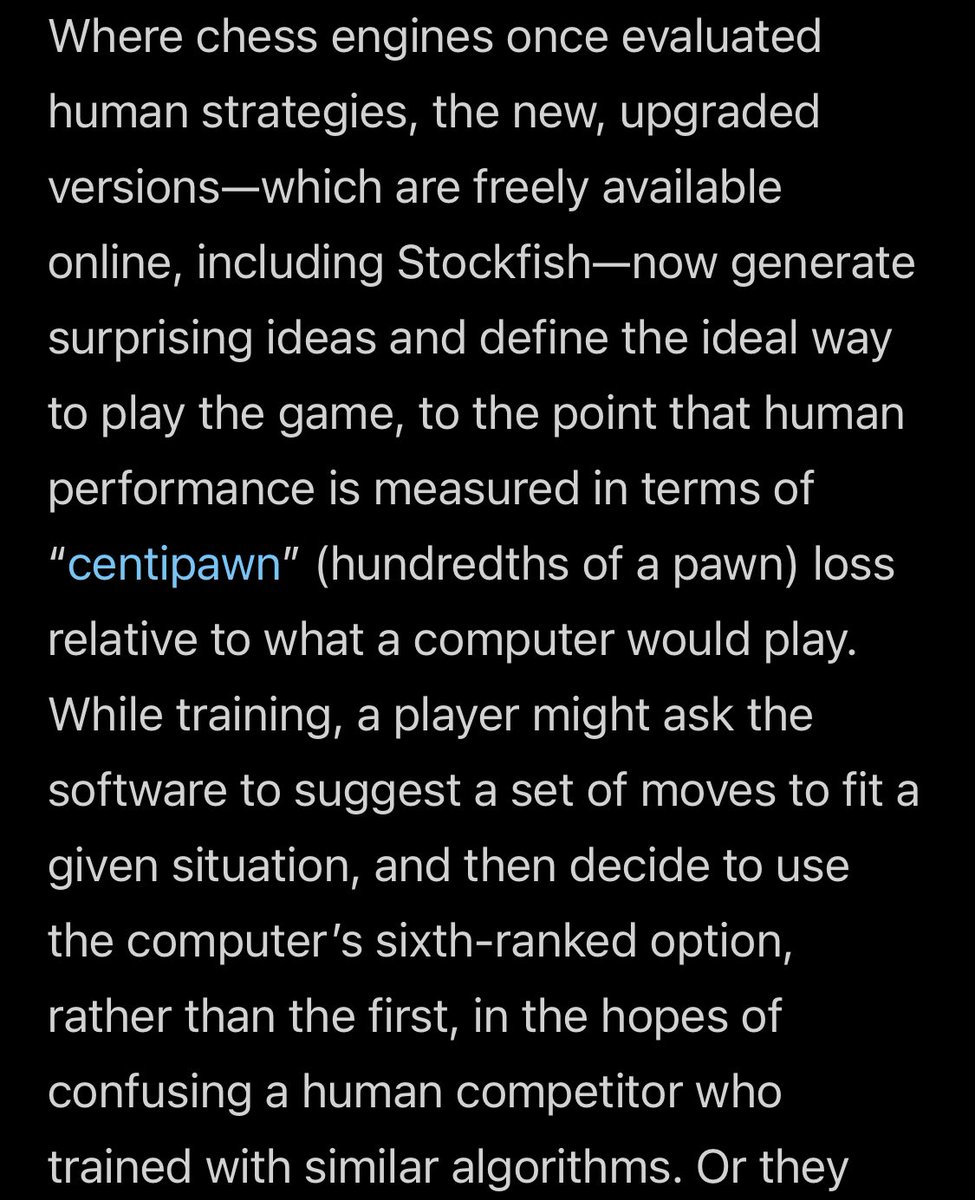As someone who occasionally read letters for PhD admission, I give less weight to letters from pre-doc employers compared to letters from undergrad or grad advisors. Why?
Pre-doc employers have different incentives: if their pre-docs don’t consistently place well into PhD programs, then they are less able to recruit in future. Of course they will not make an explicit quid pro quo. But potential employees will look!
By contrast, each academic in a BA or masters program accounts for only a small share of the students. Many of their students will not even be thinking about PhDs, and the quality of the incoming class is only weakly related to the academic’s personal productivity.
Finally, if predoc wages are lower than comparable work because they adjust for the (non-pecuniary) benefit of letters, then employers may feel that writing a bad letter is stiffing an employee of their compensation.
Certainly I know that I would feel that way! (Which is why it’s good that I have no predocs.)
Econ grad school is complicated, the path to it does seem too long, there aren’t easy fixes. But at least in my own judgement, having done a predoc is not a large advantage compared eg to a master’s degree.
• • •
Missing some Tweet in this thread? You can try to
force a refresh







